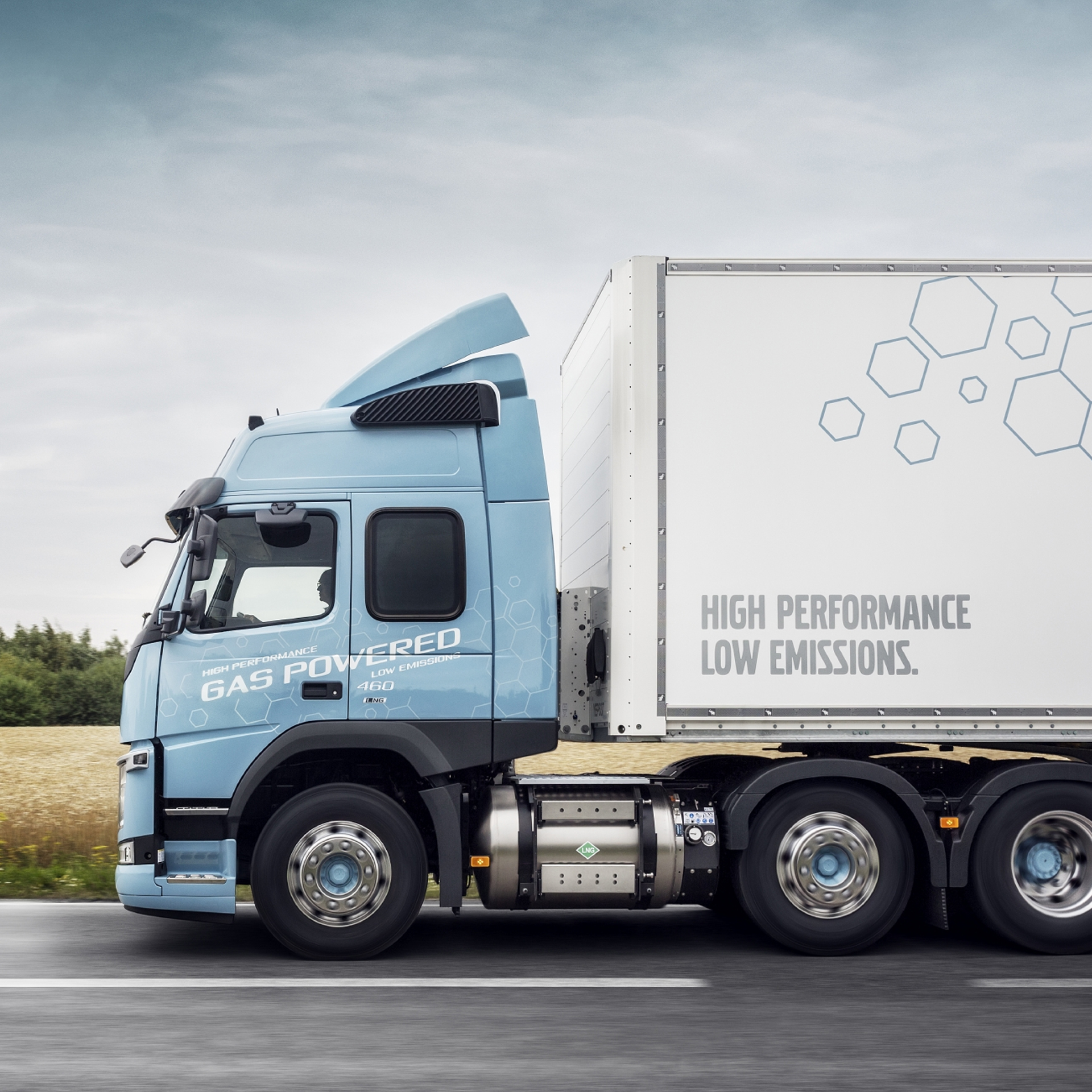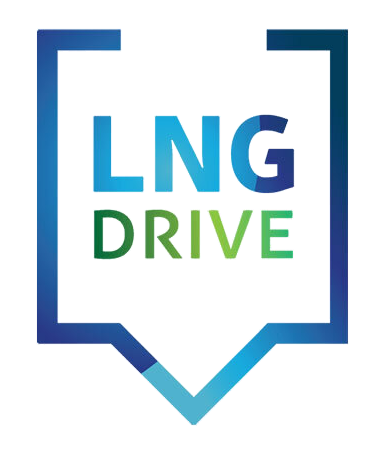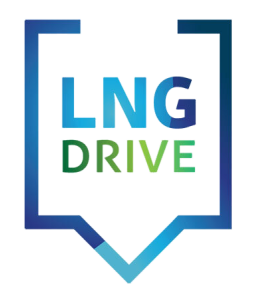
What is LNG?
LNG is a safe low carbon and environmentally-friendly fuel for trucks. Perfect for the long haul.
Reduced emissions
Cost-effective
Why should I drive on LNG?
Improved performance
Energy security
Cost savings
Environmental benefits
Cleaner energy for a greener tomorrow.
FAQ
What is LNG?
LNG stands for “liquefied natural gas.” It is natural gas that has been cooled to a temperature of about minus 162 degrees Celsius (minus 260 degrees Fahrenheit), at which point it becomes a liquid.
How is LNG produced?
LNG is produced by cooling natural gas to a very low temperature using a process called liquefaction. The gas is then transported and stored in its liquid form.
What are the advantages of using LNG?
The advantages of using LNG include reduced emissions, cost-effectiveness, versatility, energy security, reduced risk of spills, and flexibility in terms of where facilities can be built.
How does LNG compare to other fuels in terms of emissions?
LNG produces lower levels of greenhouse gas emissions, as well as fewer emissions of air pollutants such as sulfur dioxide and nitrogen oxides, compared to other fossil fuels such as coal and oil.

